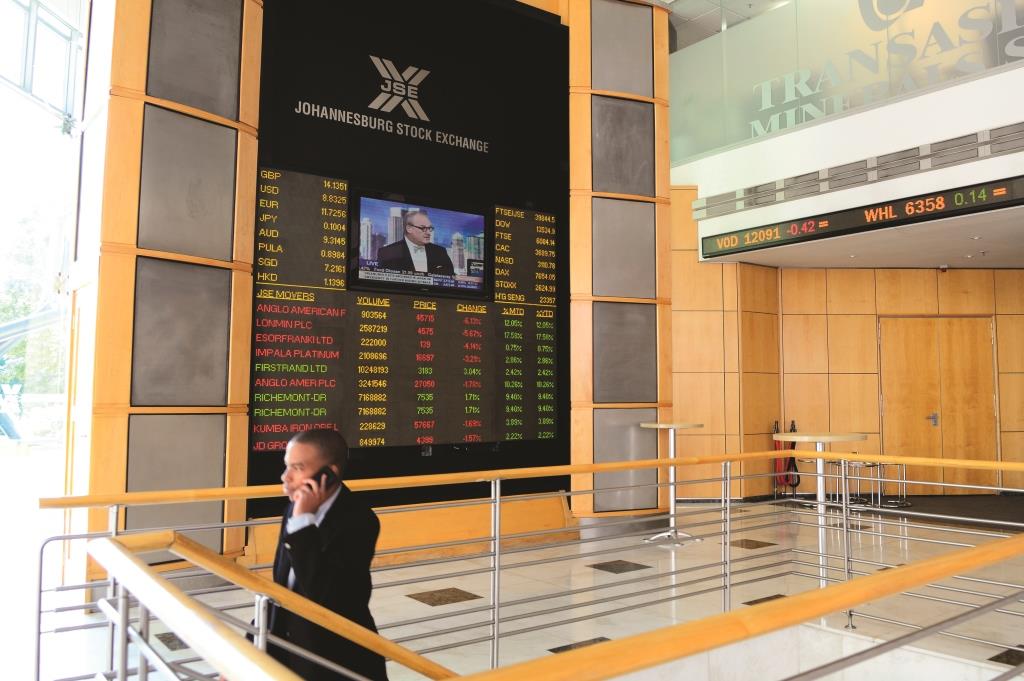In the high-rise office overlooking one of the largest man-made urban forests, against the silhouette of Johannesburg’s central business district in the distance, sits Nicky Newton-King. The unassuming chief executive looks relaxed in handling one of the biggest jobs in finance.
It’s just over a year since Newton-King took over the helm of Africa’s biggest bourse and it hasn’t been easy running an exchange voted the best regulated in the world for three consecutive years. The JSE beat 141 exchanges rated by the World Economic Forum’s Global Competitiveness Report.

“It’s not the nature of the award per se, it’s the fact that we’re keeping the standards up and that builds confidence. It’s important for South Africa’s financial markets, banking system, corporate governance and accounting standards to be all rated in the top five in the world alongside the best regulated exchange recognition,” she says.
Aside from the award, the bourse has broken numerous records in the last year and recorded its best annual returns at 22%, for the first time in three years, despite a difficult, challenging and unpredictable year.
But this year will not be easy for the exchange, in Africa’s biggest economy, as the mining sector is likely to be hurt by another wave of wildcat strikes, especially if Anglo American Platinum goes ahead with its plans to lay-off 14,000 employees and mothball shafts. This could damage investor interest in the country and may persuade them to invest their money elsewhere.
Amid a struggling world economy and labor unrest, two of the biggest issues for the exchange are to address the failure of the African Board and to secure the lion’s share of primary listings. The Africa Board—an attempt to have a separate listing platform for certain countries on the continent outside South Africa—was scrapped last year after three years of struggle. It was met with lackluster demand from African firms who were more interested in listing in London. Newton-King admits many were confused as to what the board was about.

“We didn’t hit the mark on what we wanted to do, because we ended up confusing people. Is the Africa Board something less than the main board? And clearly once you realize that you are not hitting the mark, it’s better to address that right up front,” says Newton-King.
The plan for 2013 is to work closely with 24 exchanges in Africa, without buying strategic stakes.
“If we can find a way to partner with African exchanges, so that we use what we do well and what they do well. What we do well is deep markets, lots of capital, lots of clients committed to us. What they do well is access to the clients in their home market etc. If we can partner together to provide investors through us, access to capital and that would be a win. That’s what we want to do.”
On the primary listing front, Newton-King says the JSE expects to close deals for a number of good listings this year, even though she admits the listing environment is quite slow.
Currently the exchange has 12 listed companies from elsewhere on the continent, as well as the Namibian government bond issue listed in November, which is traded in South African rands. It is the first time a sovereign bond outside South Africa is raising money on the exchange and Newton-King says she expects more from it this year.
The commodities market was recently granted approval to trade contracts on Zambian grain in dollars on the JSE. This is the first time the exchange has traded a product in US dollars.
“We can see the opportunity that opens up for us, the opportunity to potentially trade a whole lot of our other products in foreign currency. This is interesting because our clients are looking for diversification, it’s a new asset class,” added Newton-King.
With a weakening rand against the dollar and labor unrest, it’s certainly going to be a challenging year for the JSE.
